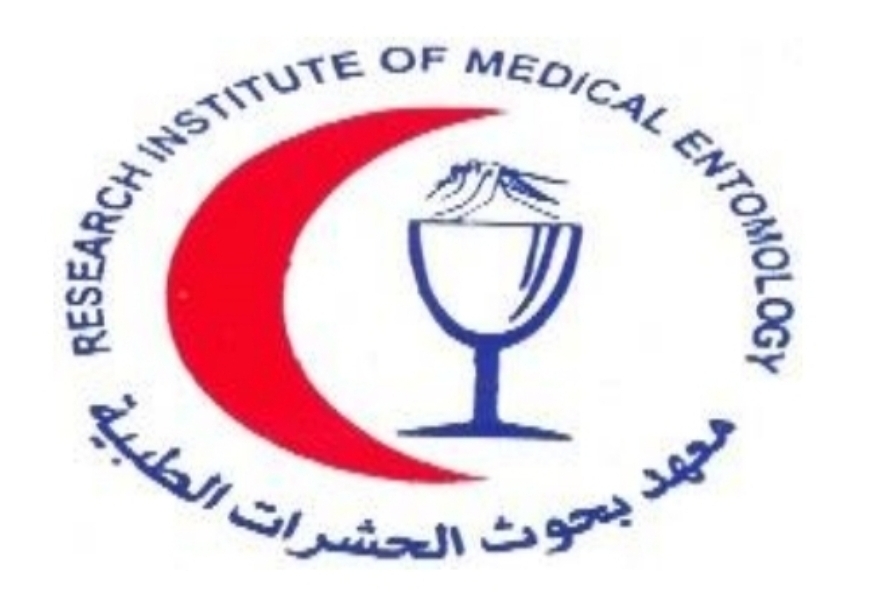From ancient Rome to the modern era, Telfer presents a series of engaging and well-researched biographies, each shedding light on the societal context and personal circumstances that led these women down a murderous path. Her narrative style is both informative and engaging, making the book a fascinating read for anyone interested in true crime and history. If you think you or your loved one is ready for rehabilitation, consider Findlay Recovery Center.
- This is one of the best reads for families of addicts, but also for anyone else who is wondering what addiction compulsion is and how recovery takes place.
- Marlena’s dark habits worsen, though, and she ends up dead within the year.
- First published in 1954, Twenty-Four Hours a Day is a staple for many people struggling with an alcohol use disorder.
- When faced with the challenge of recovering from a drug or alcohol addiction, many people look for motivation to find a healthier path and keep from relapsing.
- Healing Neen provides a personal look into the connection between incarceration, substance use, and trauma.
Exploring the thoughts of an addict and a life unraveled by narcotics, this memoir spans the author’s struggles with opioid use disorder, to her time in jail, and ultimately to her recovery. High Achiever offers hope and inspiration and a raw and page-turning https://ecosoberhouse.com/ read. So here are 10 best-selling and/or award-winning books on addiction and recovery. Along with educational insights on substance use disorders, the books provide multiple perspectives from those who have successfully traversed the road to recovery.
Quit Like a Woman: The Radical Choice to Not Drink in a Culture Obsessed With Alcohol by Holly Whitaker
Our affordable residential detoxification and treatment program has supported many individuals on their path to sobriety. Pamela D. Pesta’s “Letting Go of the Thief” gives you a snapshot inside the mind of someone descending into full-blown alcoholism. This book can be empowering and instructive whether you or a loved one struggles with alcohol use disorder (AUD). Readers might get a clearer indication of some of the thought processes typically shared by heavy drinkers. You might also gain a stronger insight into why their loved one behaves as they do.

The book discusses drug policies, substance use treatment, and the root causes of substance use. More than anything, In the Realm of Hungry Ghosts provides a voice of kind generosity and understanding to anyone who is looking to learn more for themselves or a loved one. Written by a cognitive neuroscientist with former substance use struggles, Marc Lewis emphasizes the habitual reward loop in the brain that can cause a substance use disorder to develop. This book also examines the brain’s ability to create new neural pathways and lose the desire to use substances. Lewis provides a description of life in recovery that I relate to myself; that sober life is not a life of deprivation, but one of fulfillment, continued growth, and personal development.
About the Author
Julia Ross is a pioneer of nutrient therapy, and this book explains how basic nutrients can be used with great success to cure a number of mental health issues. Books such as this one do not deny the utility of prescription medications for patients who need them. The premise is simply that using nutrients that our bodies have evolved to use is a safer (and often more sustainable) first approach for treating mood disorders. First published in 1954, Twenty-Four Hours a Day is a staple for many people struggling with an alcohol use disorder. It features daily meditations, thoughts, and prayers to aid readers in maintaining sobriety. The techniques described in “Recovery and Renewal” can help you through the acute stages of prescription drug withdrawal and make you less anxious while going through the process.
I’ve dug into memoir after memoir, tiptoed into the hard science books, and enjoyed the fiction from afar. The following are a smattering of the books about alcoholism I’ve found meaningful. best alcohol recovery books Maybe you’ve been leaning on alcohol too much to try to cope with the COVID-19 pandemic. Maybe you enjoyed a successful Dry January, so you’re questioning alcohol’s role in your life.
Drink: The Intimate Relationship between Women and Alcohol by Ann Dowsett Johnston
Neuro-linguistic programming (NLP) is a fascinating system for reprogramming behavior by altering cognitive associations. This book is the most basic guide for NLP that I have found, and the authors describe how using NLP has changed the lives of people they care about. I do not agree with everything in this book; Carr seems to downplay the biochemical aspects of addiction, and he strangely denies the existence of alcohol withdrawal. However, if you’re past acute alcohol withdrawal and you want to obliterate your psychological attachment to alcohol, this book can help you do it. Prior to getting sober, memoir author Sarah Hepola often drank until she blacked out.

She highlights not only her relationship to alcohol, but also key takeaways from her many attempts to get sober. Reading her book is like sharing a cup of coffee with your wise best friend. She’s brilliant in writing and shares many actionable tips and strategies.
Finally, I sought out books that helped me to better understand the human condition, including my own. It also rests on the premise that an unhealthy attachment to drinking is endemic to a person’s identity, and therefore impossible to get over. I picked up this book because I knew that Tony Robbins was a mega-successful self-help guru, which led me to believe that he had to be a con man of sorts. The first 100 pages blew my mind and I found myself getting excited to read another chapter of this book every night before going to sleep. With intensity and repetition, I’ve also turned certain yoga poses into automatic initiators of a rush of feel-good chemicals.
Smoking in Borderline Patients – The Journal of Clinical Psychiatry
Smoking in Borderline Patients.
Posted: Wed, 08 Nov 2023 10:00:59 GMT [source]
